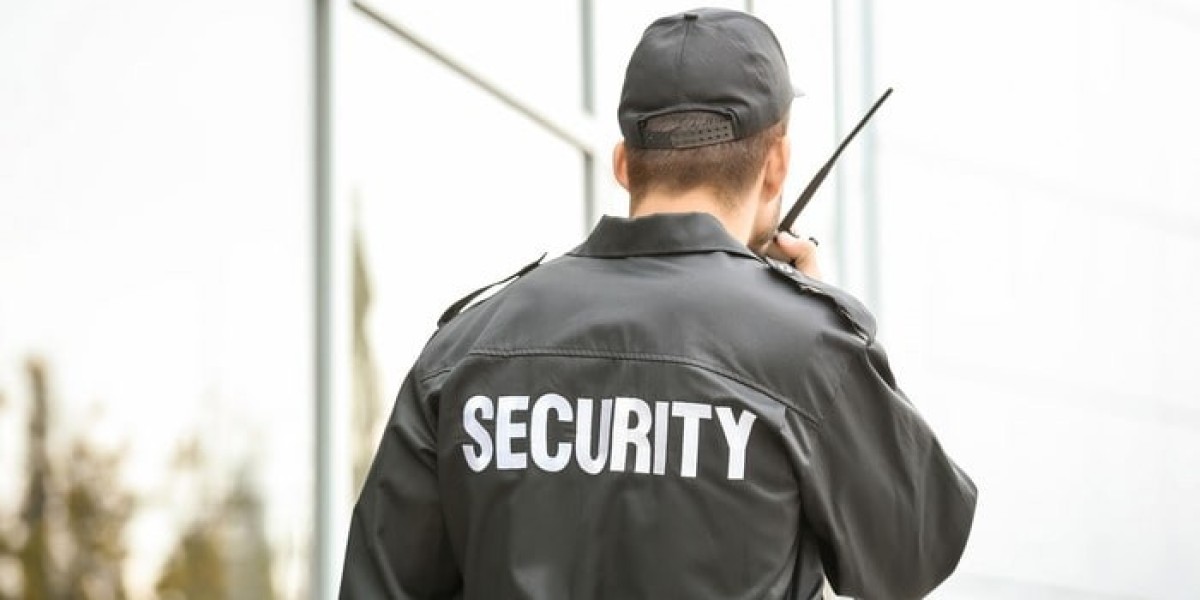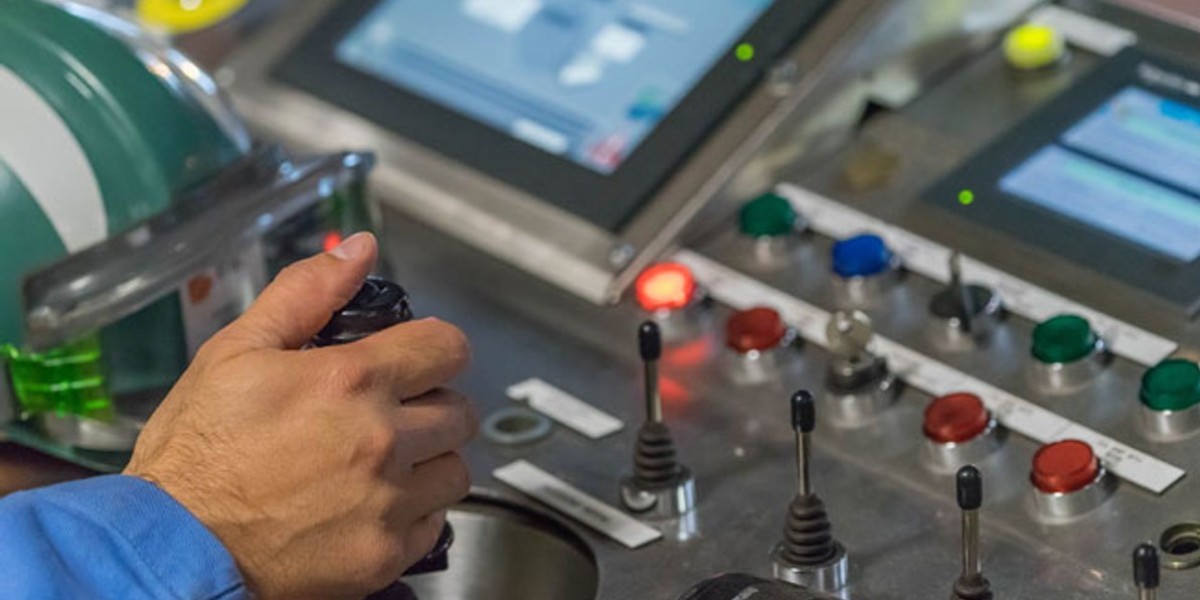In today’s fast-paced retail and commercial environments, loss prevention has become an essential element of operational success. Businesses of all sizes face the risk of theft, fraud, and other forms of financial leakage that can severely impact their profitability. Among the various strategies employed to mitigate these risks, security guards play a crucial role in real-time loss prevention. By combining vigilance, training, and modern technology, these professionals act as the frontline defense against potential losses.
Deterrence Through Presence:
The mere presence of a security guard is often enough to deter potential wrongdoers. Whether stationed at the entrance of a retail store, patrolling a warehouse, or monitoring a parking lot, a visible security presence creates a psychological barrier for individuals contemplating theft or fraudulent activities. Criminals typically seek opportunities with minimal risk of being caught, and a trained security guard signals that the environment is actively monitored.
Moreover, security guards contribute to creating a safer and more secure atmosphere for customers and employees. A professional and approachable demeanor can reassure patrons that the business takes safety seriously, which can enhance customer loyalty and trust.
Active Surveillance and Monitoring:
Real-time loss prevention requires continuous monitoring of activities within a facility. Security guards are often tasked with patrolling the premises, observing CCTV footage, and identifying suspicious behavior. Their ability to assess situations in real time allows them to act swiftly when anomalies occur, whether it’s an individual lingering in a restricted area or a group exhibiting suspicious behavior.
Technology has significantly enhanced the surveillance capabilities of security guards. Modern tools such as AI-powered cameras, motion detectors, and access control systems provide additional layers of security. Guards trained in using these systems can quickly interpret alerts and respond accordingly, minimizing the window of opportunity for theft or fraud.
Incident Response and Conflict Management:
When incidents do occur, security guards are often the first responders. Their training equips them to handle various situations, from shoplifting to employee disputes, with professionalism and composure. In cases of theft, guards can apprehend suspects and collaborate with law enforcement to ensure proper procedures are followed.
Conflict management is another critical skill that security guards bring to the table. Whether de-escalating a tense customer interaction or addressing internal issues among staff, their ability to mediate and resolve conflicts can prevent situations from escalating into larger problems. This not only reduces the risk of financial loss but also protects the business’s reputation.
Loss Prevention Training and Awareness:
Effective loss prevention strategies rely on more than just physical presence and technology; they require specialized training and awareness. Security guards undergo rigorous training programs that cover topics such as identifying potential threats, understanding criminal behavior, and adhering to legal standards. Many programs also emphasize customer service, as guards often interact with the public and represent the business.
Guards trained in loss prevention can also serve as valuable resources for educating employees about security protocols. By fostering a culture of awareness, they help create an environment where everyone contributes to minimizing risks. This collaborative approach ensures that loss prevention is a shared responsibility rather than an isolated function.
Integration with Technology:
The role of security guards in loss prevention is evolving in tandem with advancements in technology. Many organizations now deploy integrated security systems that combine human expertise with automated solutions. For instance, a security guard might work alongside AI-driven analytics platforms to monitor unusual patterns in shopping behavior or inventory movement.
Mobile devices and apps have further enhanced the capabilities of security personnel. With real-time access to incident reports, communication tools, and emergency protocols, guards can act quickly and effectively. This seamless integration of human and technological resources ensures a more robust approach to loss prevention.
Cost-Effective Loss Prevention:
While hiring security guards represents an investment, their role in preventing losses often justifies the cost. Consider the potential financial impact of unchecked theft, fraud, or vandalism: these incidents can result in significant revenue loss, higher insurance premiums, and damage to brand reputation. Security guards act as a proactive measure, reducing the likelihood of such incidents and contributing to overall operational efficiency.
Final Thought:
In an era where businesses face increasing challenges related to theft and fraud, the role of security guards in real-time loss prevention is more vital than ever. Their presence deters criminal activity, their training enables swift responses, and their integration with technology enhances their effectiveness. By investing in skilled security personnel, businesses can protect their assets, foster a safe environment, and ultimately achieve greater financial stability.
Security guards are more than just watchful eyes; they are dynamic problem-solvers, conflict managers, and technological collaborators. As loss prevention continues to evolve, the indispensable value of security guards will remain at the forefront of safeguarding businesses against financial loss.



